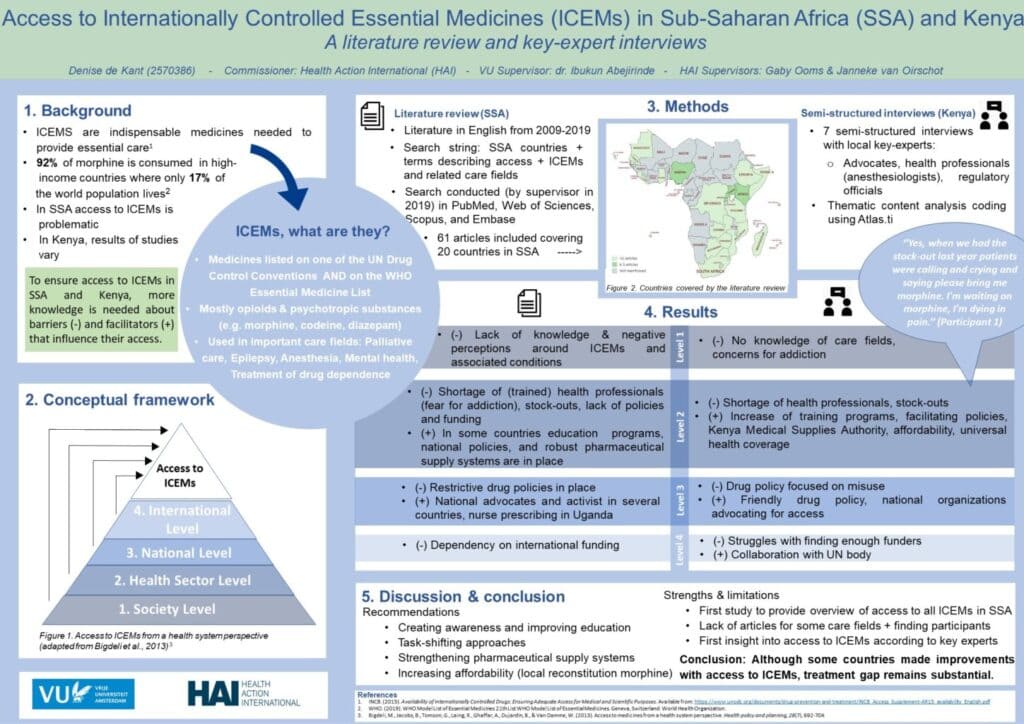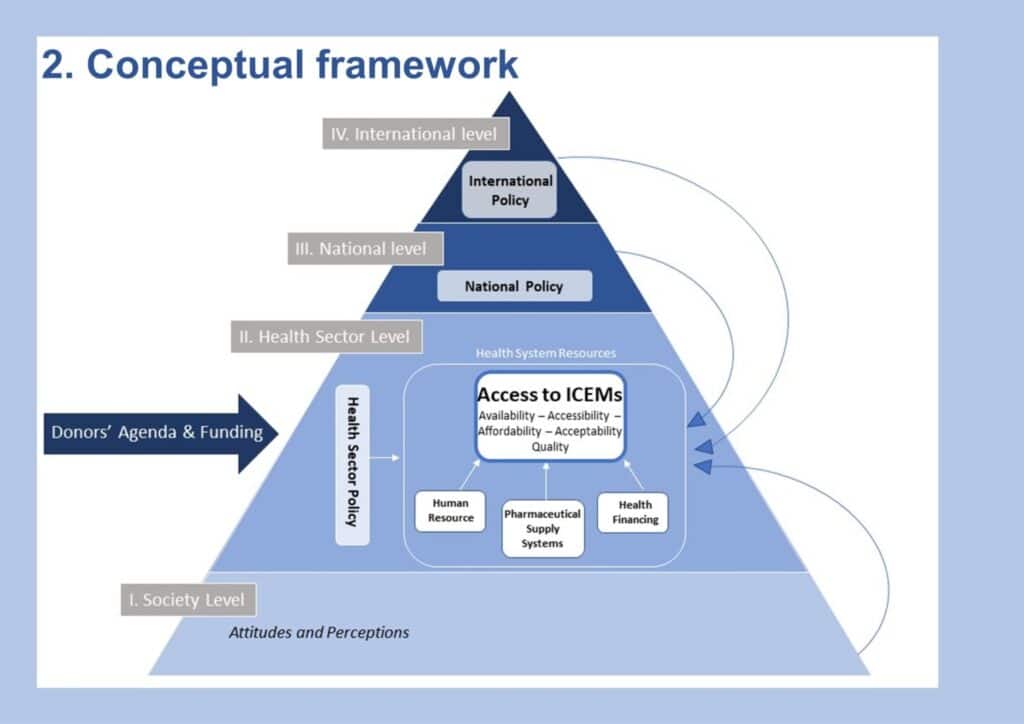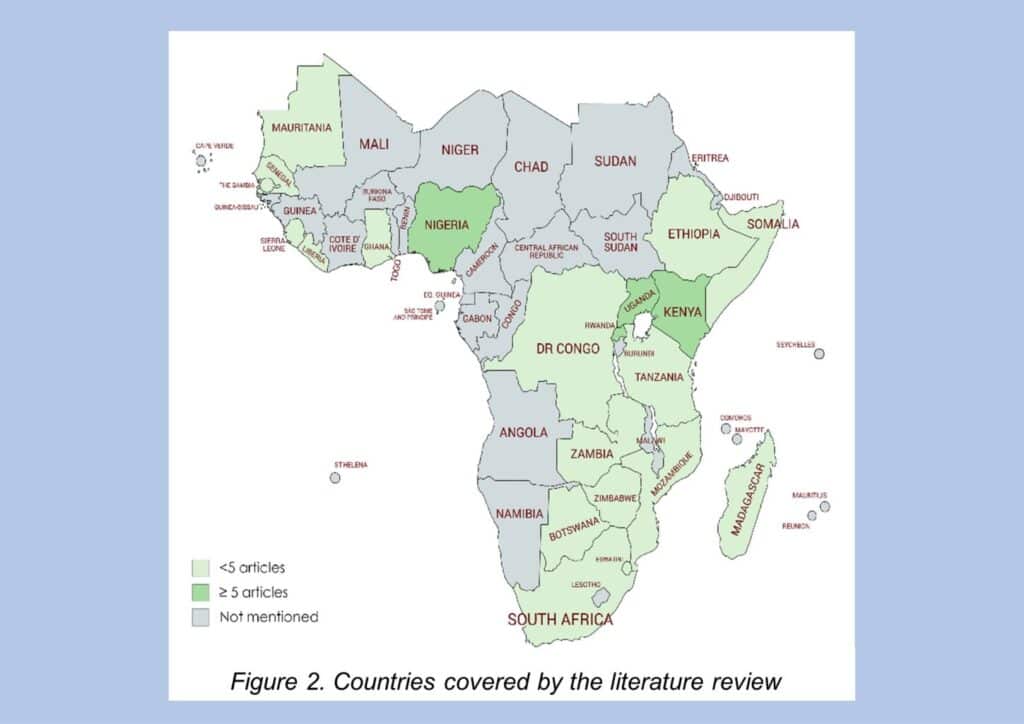Internationally Controlled Essential Medicines (ICEMs) are those listed as essential by the World Health Organization (WHO), but are also controlled by United Nations (UN) Drug Control Conventions due to their potential for misuse or because they are a precursor for illicit drugs. ICEMs are indispensable medicines for important care fields, such as anaesthesiology, palliative care, epilepsy, and mental health. In sub-Saharan Africa (SSA), many people don’t have adequate access to ICEMs, leading to needless suffering. The outlook, however, is not totally bleak. In Kenya, for example, access to ICEMs has improved to some extent, especially in the field of palliative care. However, despite Kenya’s improvements, studies still indicate a major ICEMs treatment gap.
To ensure access to ICEMs in SSA, more knowledge is needed about factors that influence their accessibility. Therefore, HAI intern, Denise de Kant, undertook research to identify existing barriers and facilitators of access to ICEMs in SSA, and to learn lessons from Kenya specifically, using a mixed-method approach. The below poster shows the main results of Denise’s study. Although some countries have already made some improvements in certain care fields, the ICEMs treatment gap in SSA remains substantial with many challenges to overcome. The knowledge and recommendations provided in this study can be used by countries in SSA to develop strategies to further improve access. Concerted efforts of advocates, donors and local organisations are necessary to tackle the identified barriers and to ensure access to ICEMs for everyone in need.
Overview of findings in Denise de Kant’s research:


